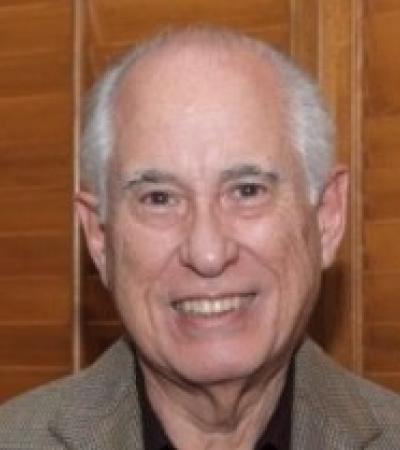"Voices of Change in Cuba"

Carmelo Mesa-Lago
Distinguished Service Professor Emeritus of Economics and Latin American Studies
University of Pittsburgh
This lecture will examine Cuba’s emerging “non-state sector,” which includes private microbusinesses, members of non-agricultural production and services cooperatives, usufruct farmers, and buyers and sellers of private dwellings. An outcome of Raúl Castro’s economic reforms, this sector currently exceeds one million people or 29 percent of Cuba’s labor force.
Based on 80 intensive interviews conducted in Havana and two other provinces, Mesa-Lago will examine the characteristics of sector participants (age, sex, race, education), their degree of satisfaction with what they do and earn, economic issues such as profits, investment, and expansion, as well as the problems they face and their desires for improvement or change.
The presentation is based on a new book written by Mesa-Lago in collaboration with two Cuban scholars and two University of Pittsburgh political scientists. Already published in Spanish, it is forthcoming in English in fall 2017.
Carmelo Mesa-Lago, the Distinguished Service Professor Emeritus of Economics and Latin American Studies at the University of Pittsburgh, is an eminent economist whose research interests include the economics of social security, comparative economic systems, Latin American development, and the Cuban economy and social welfare.
He is the author of hundreds of books and articles, including most recently Cuba Under Raul Castro: Assessing the Reforms, with J. Pérez-López (Lynne Rienner, 2013) and Voces de Cambio en el Sector no Estatal en Cuba, coauthored (Iberoamericana, 2016). He is also the founder and past editor of Cuban Studies.
Former president of the Latin American Studies Association (LASA), Mesa-Lago has worked across Latin America as an ECLAC regional advisor and consultant to international financial organizations and the United Nations. He is the recipient of the ILO International Prize on Decent Work (shared with Nelson Mandela), the Alexander von Humboldt Stiftung Senior Prize, and the LASA prize for academic excellence on Cuba. In 2014 he was named one of the 50 most influential Iberoamerican intellectuals. He holds a PhD from Cornell University.





